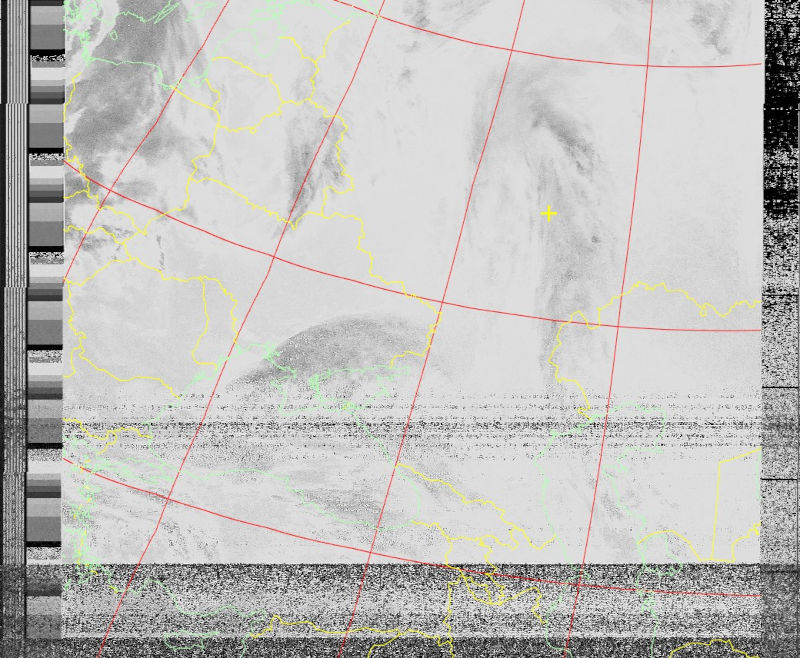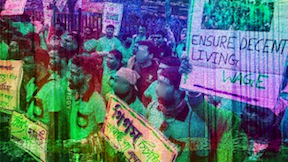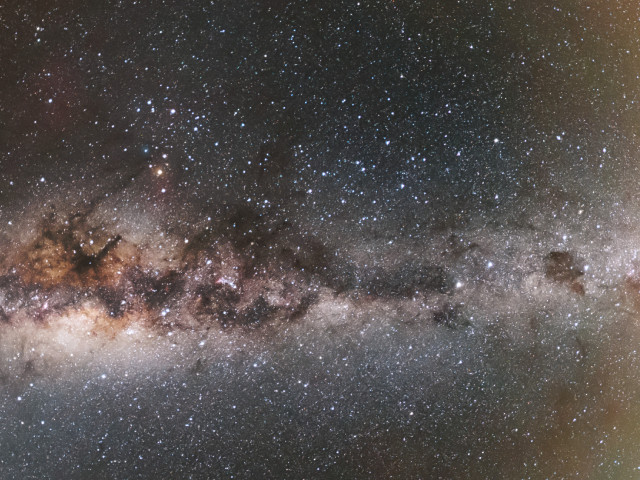
Renouncing and Returning to Shareholder Value
As pandemic restrictions began to ease in late 2021, the annual Finnish startup conference Slush made its return as an in-person event. Held for the first time in 2008, Slush grew through the 2010s to become a major international startup event with tens of thousands of attendees—a symbol of the “success story” of Finnish startup culture and a focus of national pride and economic hope. (read more...)







